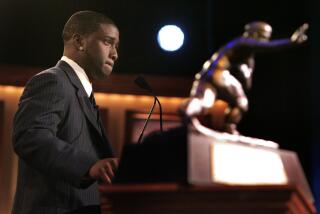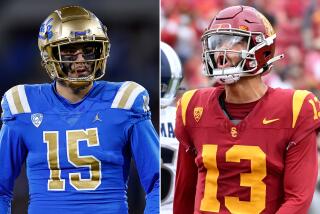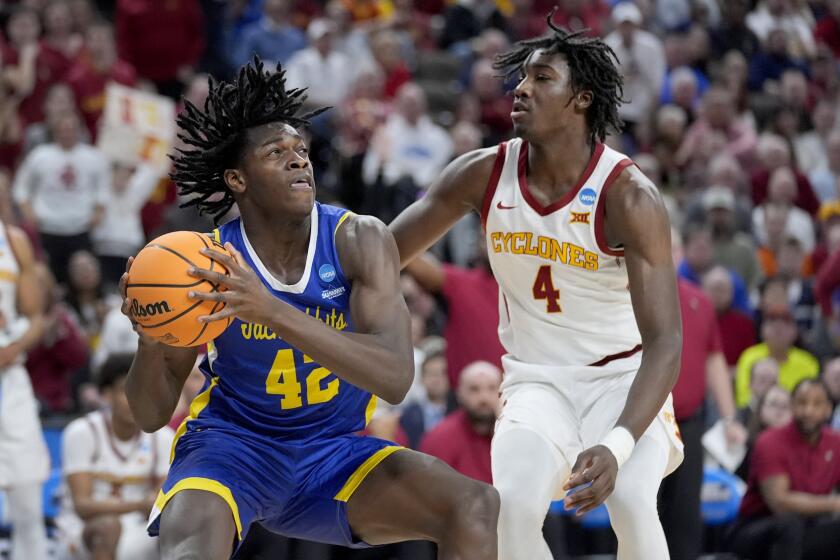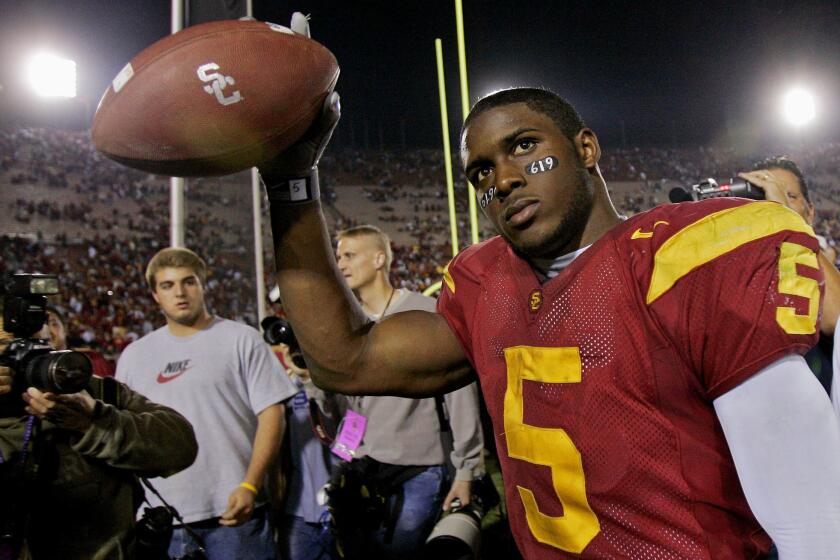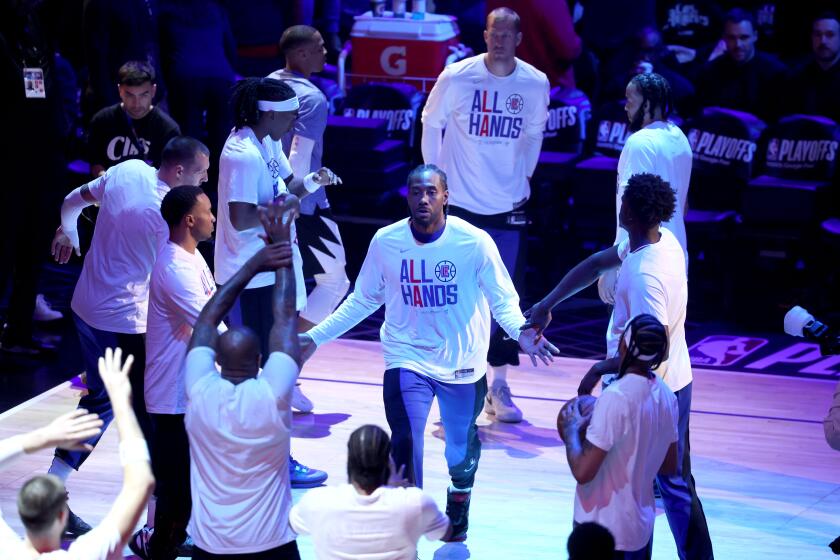Puerto Ricans want autonomous WBC team if people vote for statehood in June
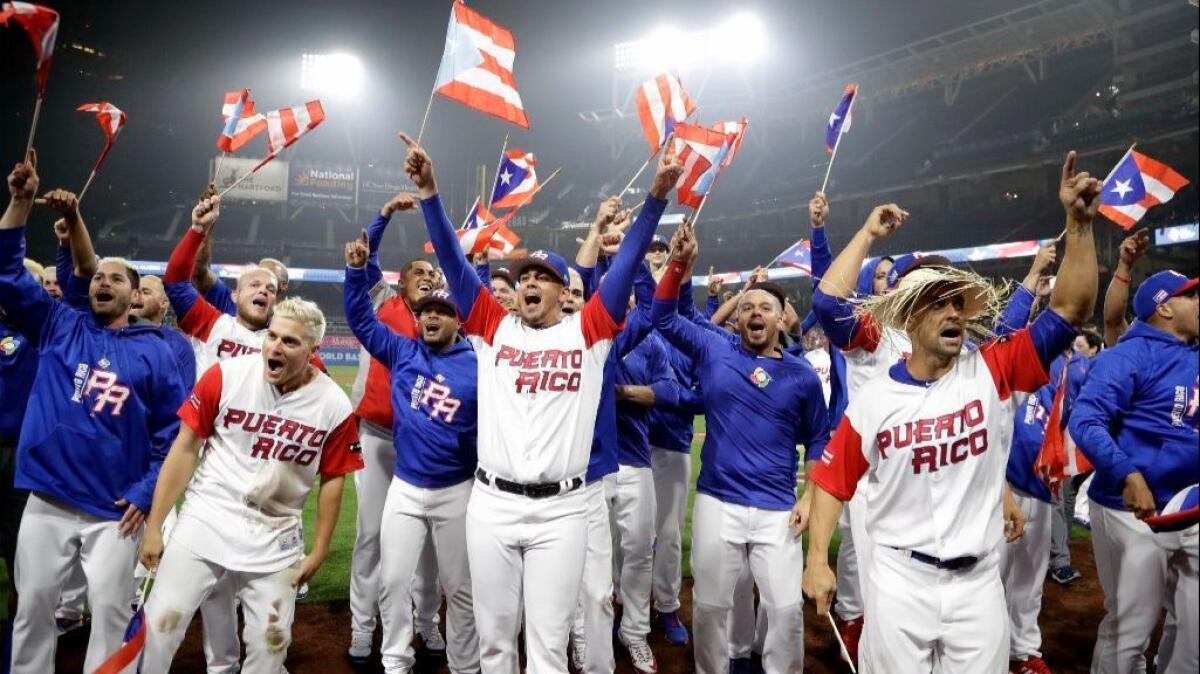
On its undefeated romp through the World Baseball Classic, Puerto Rico toppled the United States. By the time the next WBC rolls around, Puerto Rico could be one of the united states.
In June, Puerto Ricans will vote on whether to become the 51st state, subject to approval by Congress. Whatever the pros and cons of statehood, the Puerto Rican baseball players hope that they can continue to represent their island.
Beat the U.S., sure. Be the U.S.?
“Hell no,” Dodgers utility man Enrique Hernandez said.
“Never felt that way,” said former Dodgers infielder Alex Cora, the general manager of Team Puerto Rico.
Puerto Ricans have been citizens of the United States for the last 100 years, but they cannot vote for president, and their representative cannot vote in Congress. They have their own flag and anthem.
“When it comes to sports, arts, education, we’re 100% Puerto Rican,” Cora said. “We have our own identity.”
Puerto Rico is a territory of the U.S. but competes as its own country in international sports. Tennis player Monica Puig won Puerto Rico’s first Olympic gold medal in Rio de Janeiro last year. Its baseball team is two victories from its first WBC championship.
“That’s a debate that’s been going on: if Puerto Rico becomes a state, do we still get Olympic teams? Do we still get national teams?” Hernandez said.
“We’re part of the United States, but we don’t necessarily feel like we’re Americans. I always tell people, I’m only American when I don’t need to show a passport at the airport.
“We love representing our country and whatever happens in the future, if we become a state or not, I hope we’re allowed to represent our little island.”
Puerto Rico is one of two undefeated teams in the WBC, outscoring its opponents, 51-15, in six games. Puerto Rico faces the Netherlands in a semifinal game Monday at Dodger Stadium, with Japan facing the U.S. or Dominican Republic on Tuesday. The winners play for the championship Wednesday.
Puerto Rico has fewer residents than Kentucky, but the island that has produced of Hall of Famers Roberto Clemente, Roberto Alomar and Ivan Rodriguez is riding another wave of talent.
The Puerto Rico WBC lineup features three of baseball’s brightest young stars in infielders Carlos Correa, Francisco Lindor and Javier Baez, as well as the perhaps its most respected catcher, Yadier Molina. That led pitcher Hector Santiago to wonder whether the U.S. players would welcome a merger with Puerto Rico.
“Are they going to be OK with that?” Santiago said. “Half this team is probably going to be starting there if they come onto the USA team.”
The Puerto Rican players that were born and raised elsewhere consider themselves Puerto Ricans. Santiago was born in New Jersey and infielder Mike Aviles in New York, each into a family that maintained Puerto Rican culture, from playing dominoes to eating island delicacies.
“I was never called American,” Santiago said. “I’ve always been called Puerto Rican.”
In 2009, Aviles was first invited to play for Puerto Rico in the WBC.
“My grandmother looked at me and said, ‘If you say no, I might disown you,’ ” Aviles said.
Whatever the outcome of the statehood referendum, Santiago said he hoped the Puerto Rican team, and with it the lively and exuberant Puerto Rican fan base, would remain active in the WBC.
“We’re part of the U.S., but we have that culture of Puerto Rican baseball,” Santiago said. “It’s hard to convert that.
“Everything they do in Puerto Rico, they seem to find a way to make it a party, make it into some kind of event where they can have music, where they can dance, get a lot of food together and have a good time.
“I think a Puerto Rico team needs to stay a part of the game, a part of the Classic. It’s a different culture, a different environment. It’s all the excitement, a different part of the game compared to over here. That Latin culture is a big part of the game. It brings a little more excitement to it.”
Follow Bill Shaikin on Twitter @BillShaikin
More to Read
Get our high school sports newsletter
Prep Rally is devoted to the SoCal high school sports experience, bringing you scores, stories and a behind-the-scenes look at what makes prep sports so popular.
You may occasionally receive promotional content from the Los Angeles Times.

